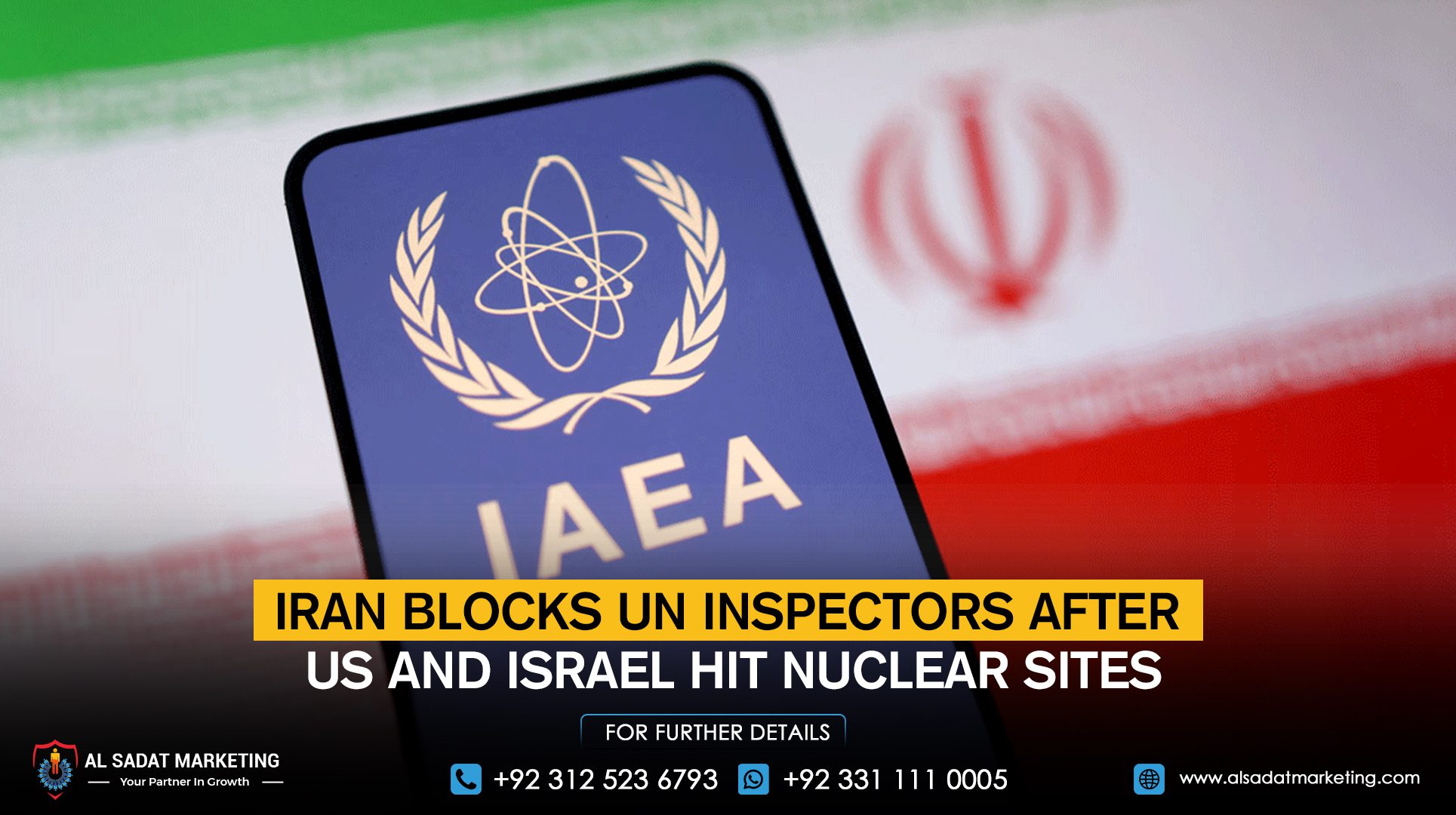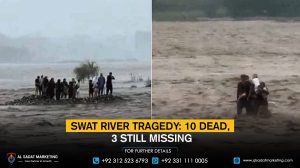Relations between Iran and the United Nations nuclear watchdog in the wake of the Iran-Israel conflict have become even more strained after Iran rejected Rafael Grossi’s request to tour its nuclear sites damaged during recent battles.
In a post on the social media site X on Monday, Foreign Minister Abbas Araghchi denounced Grossi’s plea as “meaningless” and “possibly malign in intent,” promising Tehran would take “any steps in defense of its interests, its people, and its sovereignty.”
The denial comes as Iranian officials say the IAEA has failed to denounce US and Israeli strikes on their soil during a 12-day confrontation earlier in June, which has led to increasing Iranian annoyance.
In a phone conversation with French President Emmanuel Macron, President Masoud Pezeshkian declared that Iran has terminated collaboration with the IAEA because of the agency chief’s “destructive behavior.” The decision, according to the president’s office, was a “natural response” to the IAEA’s position, namely a resolution passed on June 12 that accused Iran of violating its nuclear agreements, which was only one day prior to Israel’s bombings.
Citing the Israeli attack on June 13 and the US strikes that followed that targeted Iranian nuclear installations, Iranian parliamentarians also supported a bill on Wednesday that would halt cooperation with the IAEA. On June 24, a truce between Israel and Iran went into force.
Despite the IAEA’s mission as a technical and impartial organization, the Iranian leadership believes it is subject to political pressure from the US and Israel, according to Resul Serdar, an Al Jazeera correspondent reporting from Tehran.
Concern over the developments has spread around the world. In a joint statement released Monday, France, Germany, and the United Kingdom denounced “threats” against Grossi and called for Tehran to return to full collaboration with the agency.
The three nations’ foreign ministers declared, “France, Germany, and the United Kingdom condemn threats against the director general of the IAEA, Rafael Gross,i and reiterate our full support to the agency.” “Immediately resume full cooperation in line with its legally binding obligations,” they demanded of Iran.
Although no explicit threats were made, tensions have increased since Iran’s ultra-conservative Kayhan newspaper recently claimed that Grossi was an Israeli agent and called for his execution.
Iran has rejected these claims as baseless. The parliament’s decision to halt cooperation, according to Foreign Ministry spokesperson Esmaeil Baghaei, reflected the “concern and anger of Iranian public opinion.” Baghaei also accused the West of continuing to take a “political approach” to Iran’s nuclear program.
Asghar Jahangir, a spokesman for the judiciary, said that at least 935 Iranians were killed in the recent military confrontation with Israel. According to reports, 38 children and 132 women were among the dead.
The Group of Seven (G7) countries, meanwhile, praised the ceasefire between Iran and Israel and called for the restart of talks to address Iran’s nuclear aspirations.
Although no explicit threats were made, tensions have increased since Iran’s ultra-conservative Kayhan newspaper recently claimed that Grossi was an Israeli agent and called for his execution.
Iran has rejected these claims as baseless. The parliament’s decision to halt cooperation, according to Foreign Ministry spokesperson Esmaeil Baghaei, reflected the “concern and anger of Iranian public opinion.” Baghaei also accused the West of continuing to take a “political approach” to Iran’s nuclear program.
Asghar Jahangir, a spokesman for the judiciary, said that at least 935 Iranians were killed in the recent military confrontation with Israel. According to reports, 38 children and 132 women were among the dead.
The Group of Seven (G7) countries, meanwhile, praised the ceasefire between Iran and Israel and called for the restart of talks to address Iran’s nuclear aspirations.
The G7 issued a unified statement on Monday, saying, “We reiterate that Iran cannot ever possess nuclear weapons, and we implore Iran to stop re-establishing its unwarranted enrichment activities.”
Qatar, which has participated in past diplomatic initiatives between Iran and the West, has affirmed that it is taking part in current talks meant to stop the situation from getting worse. President Pezeshkian formally apologized over the phone to Qatar’s Emir Tamim bin Hamad Al Thani for the current conflict’s targeting of Al Udeid Air Base, the biggest US military facility in the Middle East.










